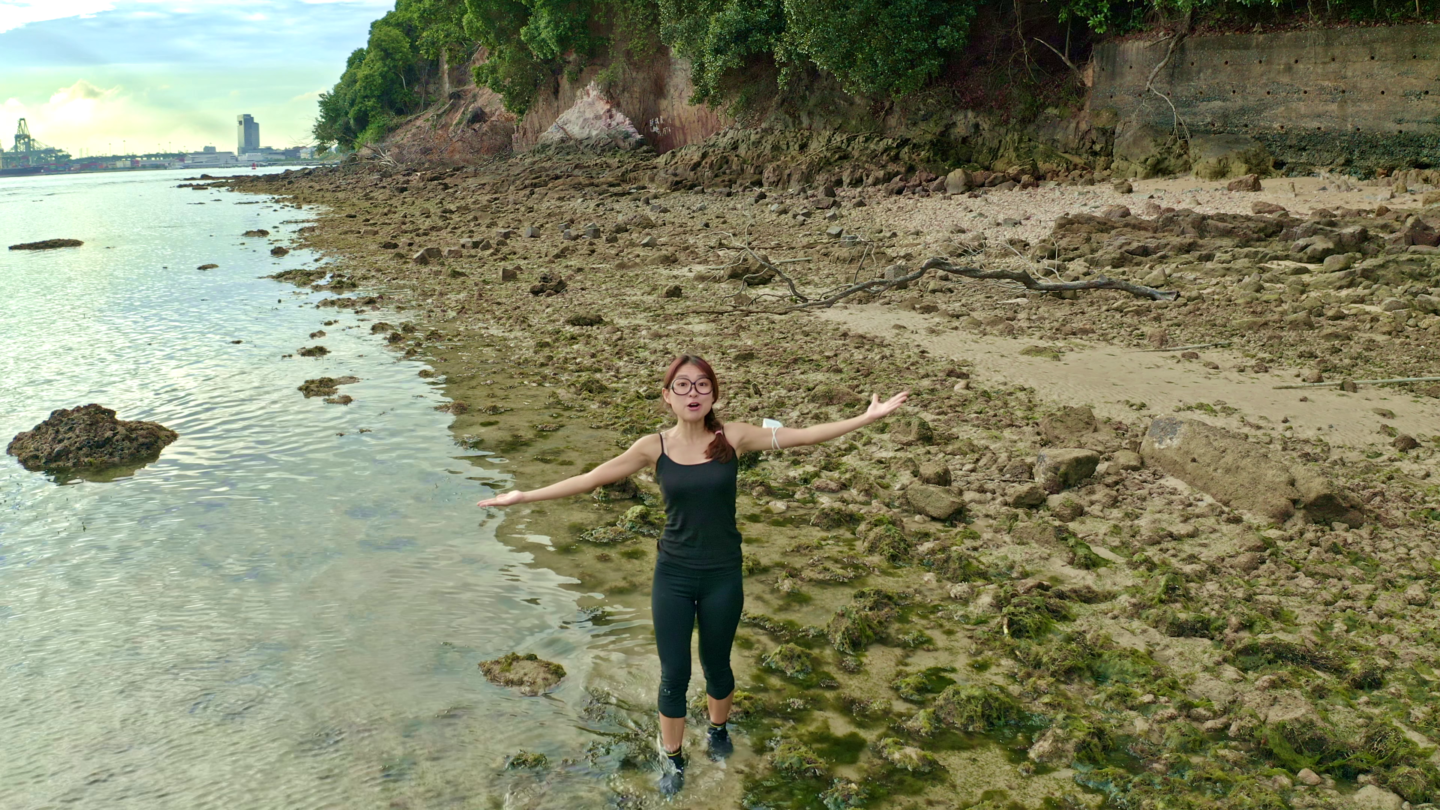Who would have thought that science could be so trendy? Not Kong Man Jing when she made her first personal video in Cebu, chirping away about marine life. The vivacious environmental biologist with black oversized glasses goes by the persona of “Biogirl MJ” in Just Keep Thinking, a science channel with more than 100,000 followers on Facebook and 7,000 on Youtube.
Kong’s spontaneous squeals of delight at a discovery and her commentaries peppered with Singapore colloquialism bring a refreshing air to “heavy” topics such as wildlife protection, marine conservation and alternative proteins that typically would not appeal to the man in the street.
The self-professed science and nature enthusiast started creating content after she realised a gap between the mainstream audience and scientific community. “I wanted to make science more interesting and entertaining such that the people don’t feel exhausted by all the information. And I’m certainly chirpy in real life so people generally don’t think I’m ‘fake’,” she says.
The channel, which started in August 2020 as a side project, is now a full-time effort by Kong and her co-founder Raye. She creates lively videos and humorous illustrative posts on a variety of topics from unusual marine animals and the science behind breaking a Dalgona candy Squid Game-style, to the effectiveness of masks in preventing the spread of viruses, which was shared a whopping 178,000 times on Facebook. Kong also collaborates with government organisations and private-sector corporations on paid partnerships.
Kong has received her fair share of verbal abuse, especially when she tries to educate people carting off marine life from beaches. Ironically, her harshest critics have come from within the nature and science communities. “When you do science communication on social media, you’ve to keep it simple, without a lot of jargon. But to them, it’s all about being very specific and following a set of templates, which isn’t how social media works,” Kong shares ruefully.
She has learnt to take it in her stride though, keeping an open mind to constructive comments, and focusing on what appeals to her target audience. The latter covers “people from the mainstream, children and parents watching with their families”.
She is gratified that the channel has brought awareness and action. A post on whale sharks led to several followers sharing similar sightings, backed by photo evidence that was later submitted for official scientific record. In February, Minister for National Development Desmond Lee thanked Kong in a Facebook post for her efforts in educating Changi beach visitors on the need to protect marine life, an issue she has constantly highlighted. As a result, NParks will be putting up more educational signages and discussing solutions on better visitor management.
“When we first started the channel, we focused on sharing fun facts and getting people to be interested in science and the world around them. Now, we realise there are bigger issues we can address. I hope we can do more things on the ground where we can have informal conversations on science and make a bigger impact,” Kong says.
